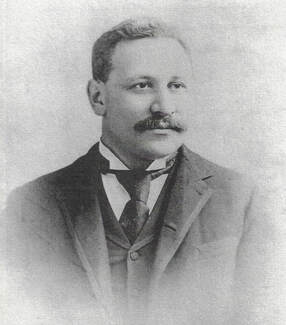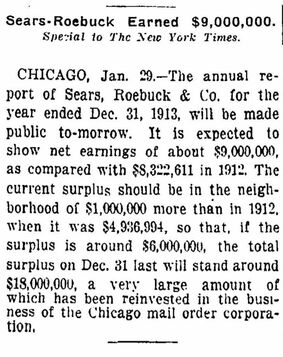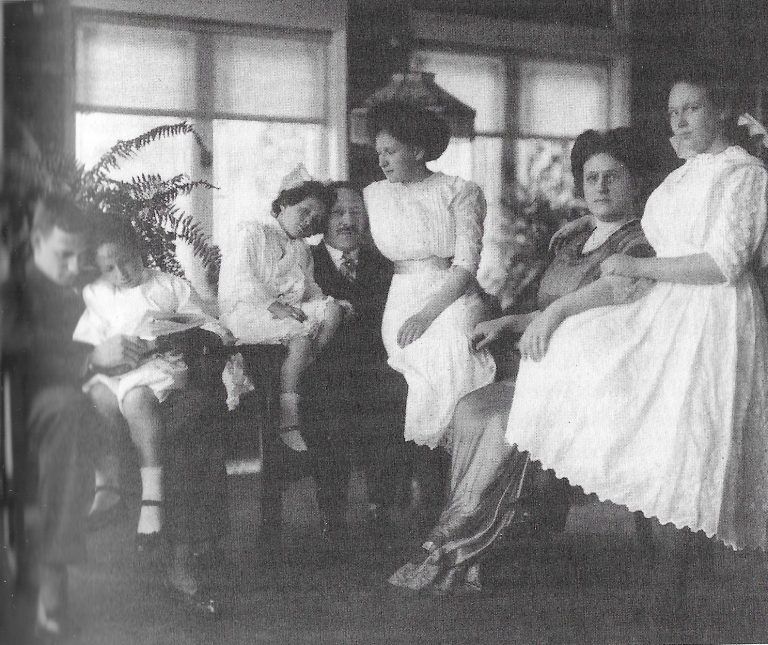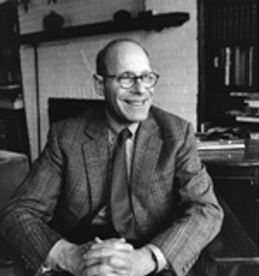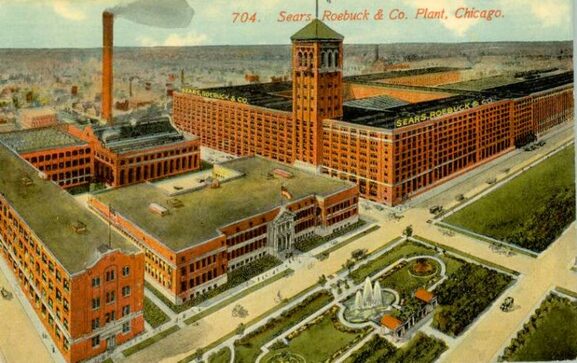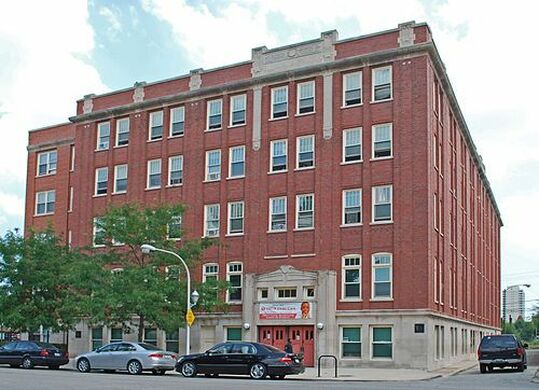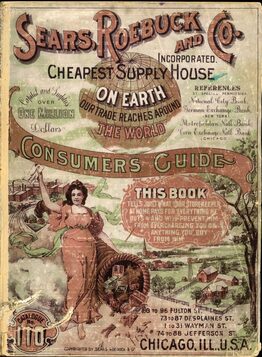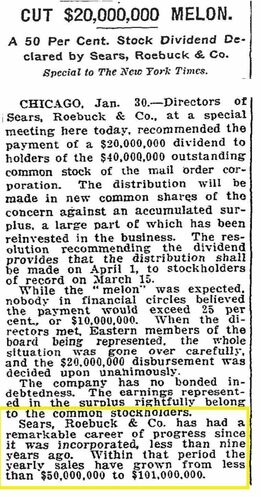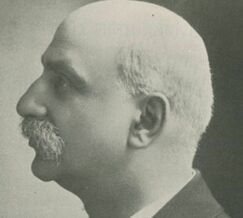|
"This is going to be my life work. I have strong conviction of the Negro ultimately attaining a lofty and high place in the scale of civilization. I believe that he surely deserves a fairer chance to a better environment, and I am going to do all I can to see that he gets it." - Julius Rosenwald, in Grossman [20]
|
Julius Rosenwald
The Philanthropist
|
Top photo: n.d., Schleier.
|
Born in Springfield, Illinois in 1862 to German-Jewish immigrants, Julius Rosenwald's family instilled the Jewish values of "tzedakah* and tikkun olam.**"
(*Charity; **Community aid, literally "repair the world") "Not only was he born in Springfield, his family home was kitty corner across the street from (Abraham) Lincoln’s - it was almost prophetic." - Aviva Kempner [21] Rosenwald never finished high school, dropping out to work in the family garment business. "The aim of my life is to have an income $15,000 a year - $5,000 to be used for my personal expenses, $5,000 to be laid aside, and $5,000 to go to charity." - Rosenwald, mid-1890s, in Angell [22]
In 1896, Rosenwald became a partner at Sears Roebuck. Despite his lack of education, he proved an enormously talented businessman. He took the company public, and transformed it into a one of the most profitable businesses in American history. In 1908, Rosenwald replaced Richard Sears as president of the company.
Rosenwald became one of the richest men in America. Inspirations
Rosenwald was greatly inspired by his Jewish faith and the leadership of Emil Hirsch, the legendary progressive rabbi who led the synagogue to which Rosenwald and his family belonged. Hirsch was a "towering intellect" and "unreconstructed Progressive" who had a profound effect on Rosenwald's view of the world and his responsibility to help others. [23]
"When I went to live in Chicago, I naturally affiliated myself with Dr. Hirsch's congregation, and I have sat at his feet every Sunday...during the past 35 years...Never once...have I left the Temple without feeling that I had carried away some..inspiring lesson." - Rosenwald, in Ascoli [24]
Hirsch co-founded the NAACP* and introduced Rosenwald to the plight of African-Americans. Rosenwald was also deeply affected by Washington's autobiography, Up From Slavery.
(*National Association for the Advancement of Colored People) Starting Work for African-AmericansIn the Jim Crow America, African-Americans were not welcome at YMCAs in white communities. Young black men who came to cities such as Chicago in search of work had no place to stay. - Ascoli [26]
Inspired to help, Rosenwald donated "$25,000* for an African-American YMCA building in Chicago, adding that he wanted to "extend this challenge to any large city in the country" if the community and other donors contributed matching funds. [27] (*$648,000 in today's dollars) Rosenwald diligently supported the NAACP. In 1911, he gave $250* to the NAACP. In 1912, he donated $2,000** for legal work and $250 for general operating expenses. Thereafter, for several years, he gave $1,000 to the organization and was elected to the first board of the Chicago chapter. [28]
(*$6,600 in today's dollars; **$52,000 in today's dollars) "He was very opposed to things like Birth of a Nation. which he tried to stop from being shown in Chicago. When there were terrible race riots in Chicago in 1919, he was horrified. Absolutely horrified. Everything he was working towards was being undermined. He really believed, ultimately, hoped that Blacks and Whites could work together." - Peter Ascoli [29]
[Click below to hear the audio clip] Rosenwald's approach to philanthropy would resonate with Washington and lead to the creation of the Rosenwald Schools.
|
"Charity is not a voluntary concession on the part of the
well-situated. It is a right to which the less fortunate are entitled by justice." - Rabbi Emil Hirsch, quoted in Grossman [25] |
